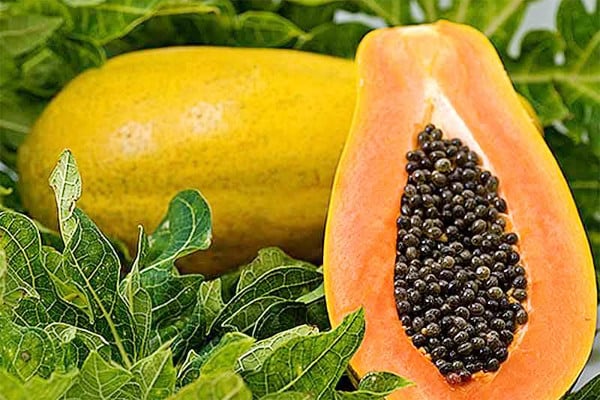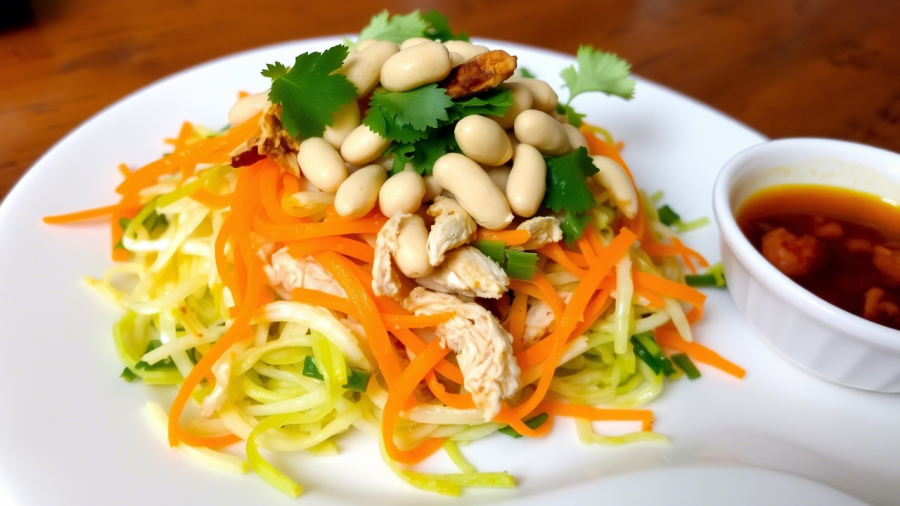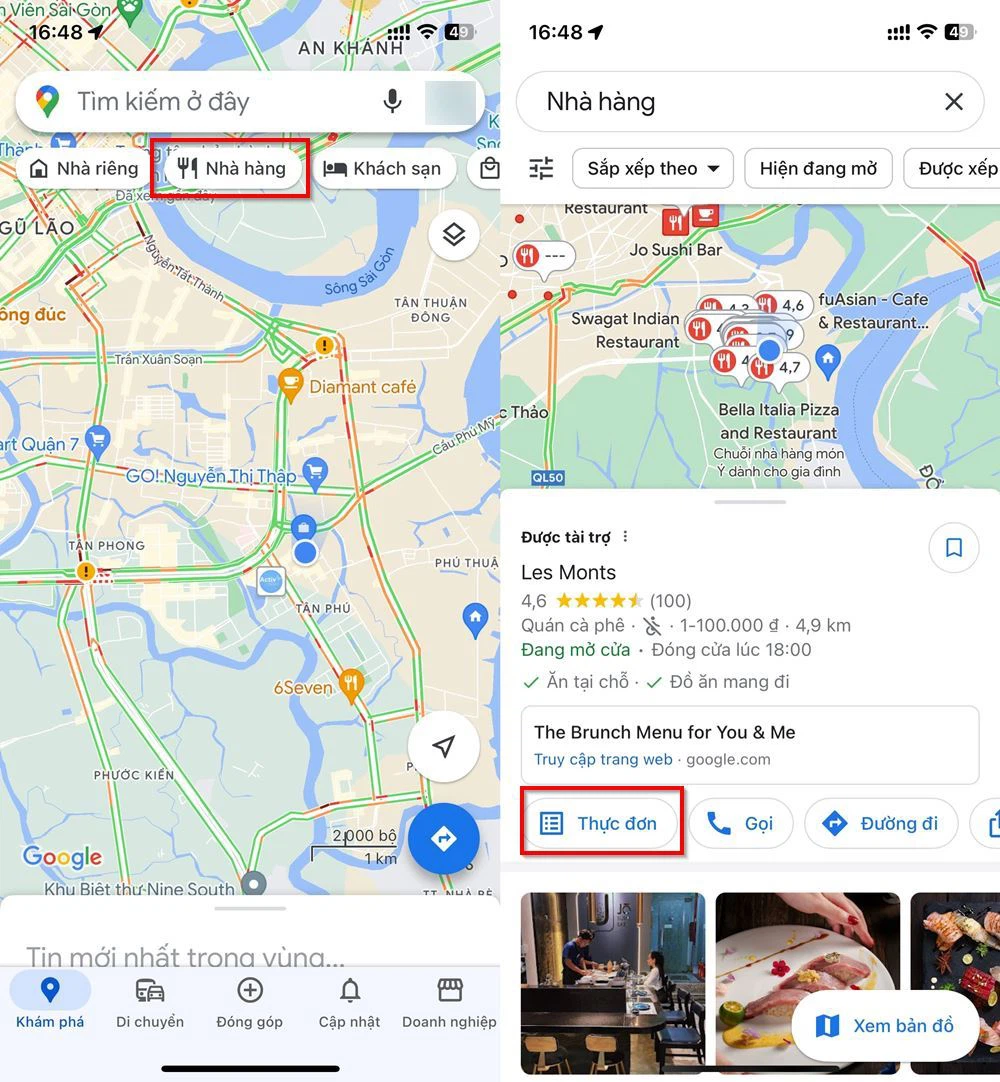Papaya, or papaw as it is commonly known, is a familiar fruit in Vietnam, found everywhere from street vendors to markets across the country. With its elongated shape, green or orange skin when ripe, and vibrant orange flesh, papaya is not only aesthetically pleasing but also a wonderful companion for a healthy diet.
According to Associate Professor Dr. Nguyen Thi Lam, former Vice Director of the National Institute of Nutrition, papaya is classified as a nutrient-dense food, making it an excellent addition to one’s daily meals. Interestingly, it is also very affordable, typically costing only 10,000–20,000 VND per kilogram, making it an accessible and economical choice for shoppers.
Nutritional Value of Papaya
It’s no coincidence that nutritionists refer to papaya as a “superfood.” In every 100 grams of ripe papaya, you’ll find:
- Vitamin C: Boosts immunity and acts as a powerful antioxidant.
- Vitamin A: Promotes good vision and naturally brightens the skin.
- Enzyme Papain: A unique enzyme that aids digestion and enhances nutrient absorption.
- Potassium and Magnesium: Support cardiovascular health and help maintain stable blood pressure.
- Fiber: Encourages metabolic processes and prevents constipation.
Additionally, studies indicate that papaya possesses anti-inflammatory properties and can improve bone and joint health thanks to its rich content of beta-carotene and antioxidants. Notably, for postpartum women, papaya is considered a “miracle” remedy that stimulates lactation and aids in their recovery.

Studies indicate that papaya has anti-inflammatory properties and improves bone and joint health.
Who Should Avoid Eating Papaya?
Despite its nutritional benefits, papaya may not be suitable for everyone. Here are some precautions to keep in mind:
- Pregnant Women: Obstetricians advise against consuming unripe or partially ripe papaya as it contains an enzyme that can induce uterine contractions, posing a risk of miscarriage. Fully ripe papaya is safe for pregnant women.
- Individuals with Latex Allergy: Some people sensitive to proteins in papaya tree latex may experience allergic reactions such as itching and hives.
- People with Severe Gastrointestinal Disorders: While papain aids digestion, those with serious digestive issues like gastric ulcers should consult a doctor before including papaya in their diet.
Delicious Dishes and Drinks Made with Papaya
Papaya is not just a familiar dessert; it can be transformed into a variety of delectable dishes. Here are some suggestions for your culinary adventures:
Papaya Smoothie
Blend ripe papaya with fresh milk or condensed milk, add some shaved ice, and you’ve got yourself a nutritious and refreshing drink—perfect for the whole family.
Papaya Salad
Shredded unripe papaya combined with carrots, shredded chicken, roasted peanuts, and a tangy dressing of lime, garlic, and chili creates a crunchy and flavorful salad that evokes the essence of rural Vietnam.

Papaya salad: a combination of shredded unripe papaya, carrots, chicken, roasted peanuts, and a tangy dressing.
Papaya and Chicken Soup
This soup is a refreshing and nourishing option for hot summer days. Simply simmer unripe papaya with chicken and season to taste—a delicious and easy meal.
Papaya and Lotus Seed Dessert Soup
Cooking lotus seeds with diced papaya and rock sugar creates a sweet and soothing dessert that promotes relaxation and better sleep.
Tips for Purchasing and Storing Papaya
- When buying papaya, opt for fruits that feel heavy for their size, with taut, unblemished skin. If you plan to eat it soon, choose a papaya that is slightly soft near the stem.
- Store ripe papayas in the refrigerator to prolong their freshness. For unripe papayas, keep them in a cool, dry place away from direct sunlight.
Papaya, a humble yet extraordinarily nutritious fruit, is an excellent choice for maintaining a healthy lifestyle. Its versatility in cooking, combined with its affordability, makes it a staple in many households. Add papaya to your list of favorite foods and enjoy its benefits every day!
































